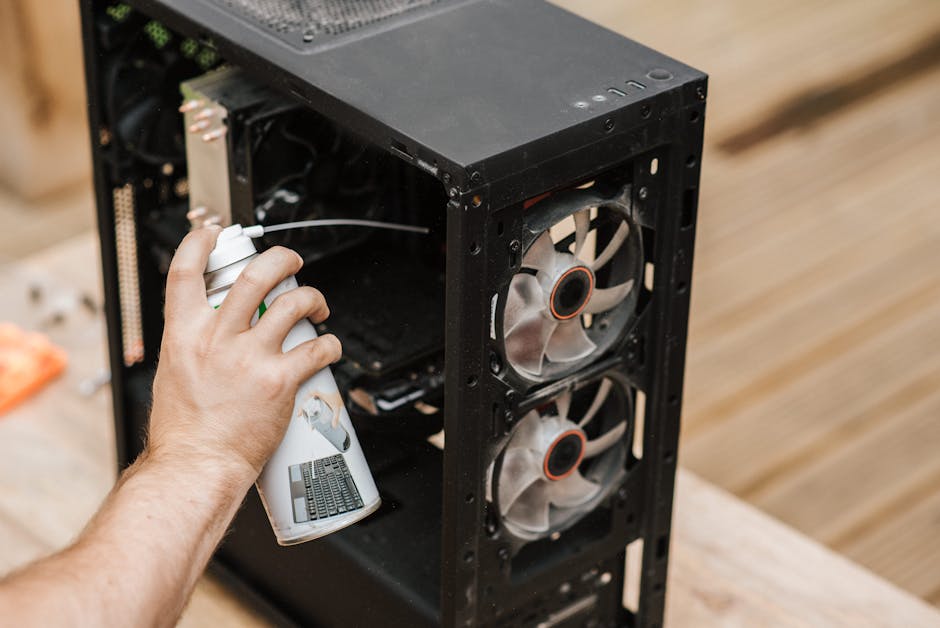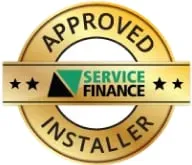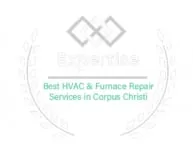Introduction to AC Troubleshooting
When your air conditioner starts acting up, it’s like your cool buddy on summer days is telling you something’s wrong. AC troubleshooting isn’t just for the tech-savvy or the manual-in-hand types. It’s for anyone who doesn’t want to melt in their own home. Think of it as detective work, but for keeping cool. First up, know this – not all heroes wear capes, and not all AC problems need a pro. Sometimes, it’s about spotting the little signs before they become big, wallet-draining issues. Is your AC making a noise that sounds more like a tired old car than a smooth operator? Maybe it’s blowing air that wouldn’t even keep a candle flickering, let alone cool a room. Or, worse, it’s just sitting there, doing its best brick wall impression and not turning on. These are your AC’s way of crying for help. Understanding these signs is step one. Acting on them? That’s where the real adventure begins. So strap in and get ready to dive into the world of AC troubleshooting. It’s not as daunting as it sounds, promise.
Unusual Noises: What They Mean
When your air conditioner starts making noises, it’s trying to tell you something, and it’s not always good news. Different sounds can indicate various problems. A buzzing noise might mean electrical issues, while a banging sound often points out a loose or broken part inside the unit. If you hear whistling or hissing, it could be a sign of a refrigerant leak, which is serious business. Clicking sounds when the AC kicks on or off are usually normal, but if it’s constant, there could be an electrical problem. Pay attention to these noises. Acting fast can prevent a small fix from turning into a big, expensive one. Don’t ignore your AC’s cry for help.
Inadequate Cooling: Finding the Root Cause
When your air conditioner isn’t keeping the room cool enough, it’s a clear signal something’s wrong. Often, the problem boils down to a few usual suspects. First, check your air filter. A clogged filter restricts airflow, forcing your AC to work harder. Easy fix: clean or replace the filter. Next, peek at your thermostat. Is it working properly? Sometimes, a simple battery change is all it needs. Then, consider the size of your AC unit. A unit too small won’t cool a large room efficiently. On the flip side, a big AC in a tiny room is overkill and inefficient. Finally, low refrigerant levels often lead to poor cooling. This one’s a job for the pros. Identifying the root cause early saves you time and keeps costs down. Get it sorted, and enjoy the cool.
Rising Energy Bills: A Red Flag
When your energy bills start climbing without a clear reason, your air conditioner might be the culprit. Air conditioners often work harder and use more energy when there’s a problem, like dirty filters, a malfunctioning thermostat, or leaking ducts. This not only makes your bills higher but can shorten your AC’s life. So, if you notice a sudden spike in your energy costs, it’s time to check on your air conditioning unit. Simple maintenance or calling a professional for a check-up could save you money in the long run. Remember, keeping your AC in top shape means more than just comfort; it’s also about efficiency and keeping those bills in check.
Odd Smells from Your AC Unit
If your AC starts smelling funny, don’t ignore it. Weird smells mean something’s up. A musty odor? Mold might be growing inside your AC because of moisture. Smells like something’s burning? Electrical issues could be at play. A nasty, rotten egg smell? You might have a gas leak, which is serious business. Any smell that’s out of the ordinary is your AC crying for help. Listen to it. Fixing these issues early can save you a lot of trouble and money in the long run.
Frequent Cycling: Why It’s a Problem
When your air conditioner starts cycling on and off more frequently than normal, it’s not just being annoying; it’s signaling a problem. Frequent cycling puts extra strain on your AC, leading to quicker wear and tear. This means parts may fail sooner, and you’ll face costly repairs. Besides blasting your energy bill, it also fails to properly cool your home. The usual suspects? It could be anything from a dirty air filter, low refrigerant levels, to a faulty thermostat. Don’t ignore it. Tackling this issue early can save you a lot of hassle and money down the line.
Water Leaks and Their Implications
When you spot water around your air conditioner, don’t ignore it. This is a big red flag. Normally, your AC should stay dry, no matter how hard it’s working. Water leaks could mean a couple of things. First, it might be a sign of a blocked or damaged drain tube. The tube that gets rid of the moisture your AC collects is crucial. If it’s blocked, the water has nowhere to go but out, all over your floor. Second, it could signal something more serious like a refrigerant leak. Refrigerant leaks are bad news. Not only do they mess with your AC’s ability to cool, but they’re also harmful to the environment and can be dangerous to your health if not handled promptly. Bottom line, if you see water, don’t wait. It’s better to tackle the issue head-on before it turns into a bigger problem. Plus, fixing a blockage or leak early can save you money down the road. Keep things simple; see water, think “problem,” and get someone to check it out.
Thermostat Issues and AC Performance
When your AC starts acting up, the culprit could be the thermostat. Think of the thermostat as the brain of your air conditioning system. If it’s not working right, the whole system can go haywire. Here’s a quick breakdown: if your AC won’t turn on, turns off too soon, or blasts cold air non-stop, the thermostat might be to blame. It’s like having a broken gauge—it can’t read the room. Sometimes, the fix is simple. Maybe your thermostat needs new batteries, or it’s not in the right spot. A thermostat shouldn’t be too close to windows or air vents where it can get misleading readings. If adjusting or relocating doesn’t help, you might need a professional to take a look. Remember, when your AC behaves oddly, don’t ignore the signs. Getting ahead of thermostat issues can save you from bigger headaches and keep your AC performance on point.
Poor Airflow: Identifying the Culprit
When your room feels more like a sauna than a cool retreat, poor airflow from your air conditioner might be the problem. No need to sweat it out, figuring this out can be straightforward. First, check if your AC’s filters are dirty. These are air’s first stop and a common spot where trouble starts. Easy fix: clean or replace them. Next, peek at the ducts. Leaks or blockages? That’s your airflow enemy right there. Sometimes, it’s the outside unit, choked up with debris or plant growth. Keep it clear. Lastly, the fan settings matter. Your system might be on a low speed, not pushing enough air through. Adjusting this could solve your problem without needing a pro. Simple steps, big difference.
Conclusion: When to Call a Professional
If you’re sweating indoors or your utility bills are sky-high, it might be time to call a pro. Watch out for these signs: strange noises, water leaks, bad smells, or weak airflow. Each points to different issues your AC might be facing, from minor fixes to potential unit replacements. Remember, trying DIY on complex systems can turn costly. Better to let a professional tackle it, especially if your AC is past its prime or hasn’t seen a tune-up in a while. In the end, a pro can save you time, money, and the hassle of a breakdown during the peak summer heat.










